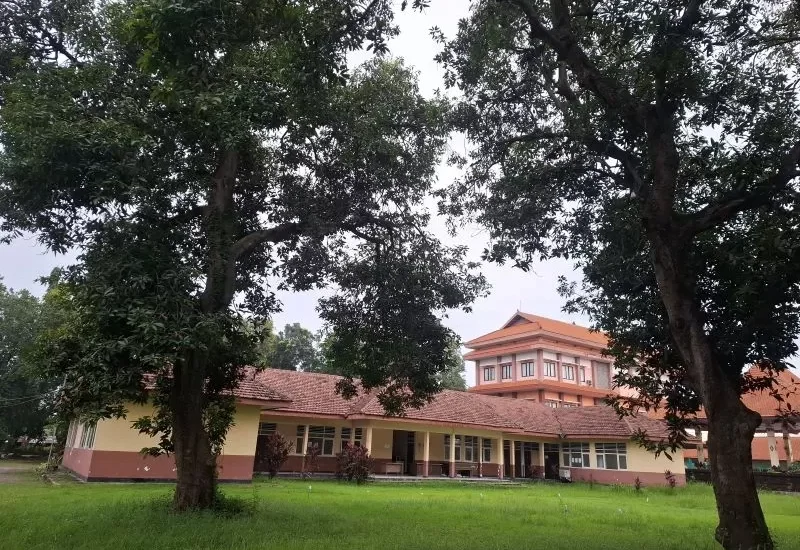Government Targets 53 People’s Schools to Operate in 2025 Academic Year

By: Delvi Rahayu
The government is targeting 53 People’s Schools to operate in 2025 academic year as part of a major program to increase access to education for the underprivileged. This program is designed to provide free quality education, especially for children from poor and extremely poor families. President Prabowo Subianto emphasized the importance of these boarding schools in breaking the chain of poverty, with the hope that each school can accommodate up to 1,000 students within six months of its inauguration.
In the next three months, 53 People’s Schools will be inaugurated, while 147 other schools will follow. The President explained that the Ministry of Social Affairs has identified assets in the form of buildings and land that are ready to be used with minimal renovation. This step allows for the acceleration of school construction without having to start from scratch. Location mapping is based on areas with pockets of poverty, so that the benefits of these schools can be felt by those who really need them.
Minister of Social Affairs Saifullah Yusuf or Gus Ipul added that 53 units of People’s Schools that will soon be operational have gone through a strict assessment process. In addition, there are 82 other locations that are still in the evaluation stage to ensure the readiness of adequate infrastructure and educational environments. Local governments also play an active role in submitting proposals for school construction, with more than 200 proposals currently being reviewed by the relevant ministries.
To ensure that People’s Schools truly provide benefits for poor families, the government is working with the Central Statistics Agency (BPS). The Head of BPS, Amalia Adininggar Widyasanti, stated that student admissions will be based on the National Socioeconomic Single Data (DTSEN), especially from the Decile 1 and Decile 2 groups. This data ensures that only children from families with the lowest welfare levels get priority to enter People’s Schools.
In organizing education, the Ministry of Primary and Secondary Education (Kemendikdasmen) has prepared a curriculum that is relevant to students’ future needs. This curriculum will combine academic learning with practical skills that are useful for life and the world of work. In addition, the recruited educators have gone through strict selection and received special training so that they can educate with a more inclusive approach.
The government also ensures that each People’s School has adequate supporting facilities. Gus Ipul explained that these schools must meet certain standards, including the availability of dormitories, decent classrooms, places of worship, canteens, and sports facilities. The construction and renovation of schools is carried out by the Ministry of Public Works, with a budget that has been allocated in the APBN.
The locations of the schools that will be inaugurated are spread across various provinces, including East Java, West Java, Central Java, East Nusa Tenggara (NTT), Kalimantan, and Papua. The government is also collaborating with universities such as Brawijaya University and Surabaya State University (UNESA) to support the implementation of this program. With the involvement of academics, it is hoped that the education system in People’s Schools can continue to develop according to the expected standards.
In addition to academic education, the government plans to provide skills training for students so that they have better opportunities in the world of work. For students who wish to continue their education to university, a scholarship program has been prepared to ensure that they are not burdened with financial problems.
In the coming weeks, the government will announce a more detailed scheme regarding the number of students per school and the allocation of additional budget. Gus Ipul said that President Prabowo instructed all related ranks to work optimally in realizing this program. This effort also involves the Head of the Central Statistics Agency, Amalia Adininggar Widyasanti, who ensures that the data used for student selection is truly accurate and on target. The Head of the Agency for the Acceleration of Poverty Alleviation (BP Taskin), Budiman Sudjatmiko, also explained that this program has a strategic role in breaking the chain of poverty. BP Taskin is tasked with identifying priority areas, compiling a curriculum based on work skills, and monitoring the effectiveness of the People’s School. Budiman emphasized that this program is not just about providing schools, but also creating opportunities for the younger generation to escape the poverty trap.






